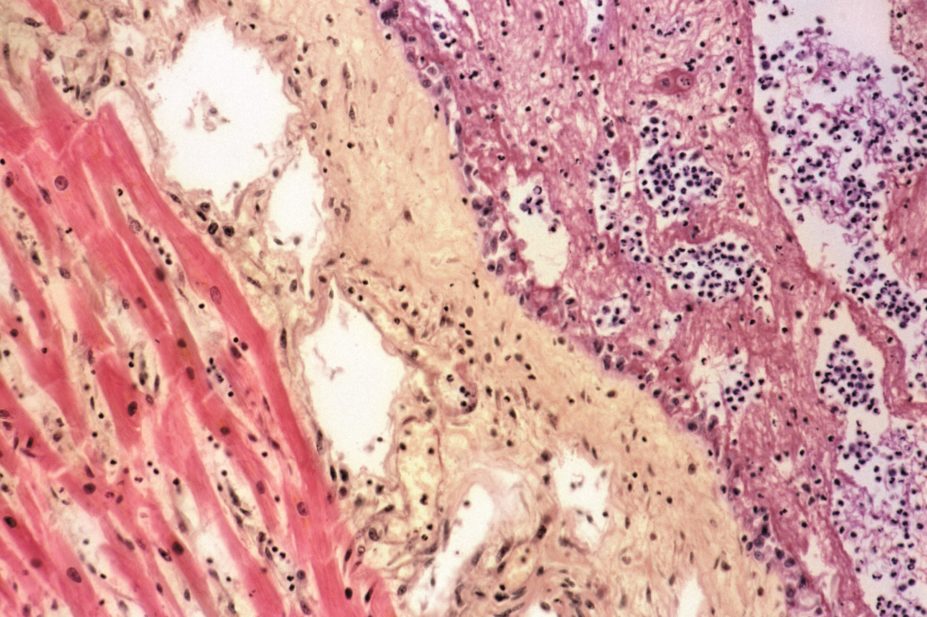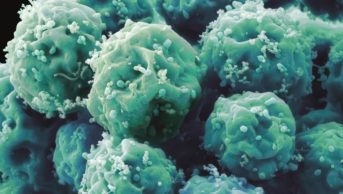
Steve Gschmeissner / Science Photo Library
Simply controlling blood sugar will not prevent diabetes-induced cardiovascular disease, but preventing cellular inflammation limits the capacity for cells to take in glucose, a study has found.
New research[1]
, presented at the American Heart Association’s High Blood Pressure Research 2014 Scientific Sessions in San Francisco on 11 September 2014, revealed the process through which the cellular damage occurs.
Carlos F Sanchez-Ferrer, a professor of pharmacology at the Universidad Autonoma de Madrid and author of the five-year study, said his team’s previous research had demonstrated that glucose typically does not damage vascular cells unless the cells were already inflamed. The most recent study revealed why.
Using glucose-cultured smooth muscle cells from the aorta, Sanchez-Ferrer and his team found that excess glucose in a culture fluid did not enter uninflamed cells. Similarly, in the absence of inflammation, no cellular damage occurred when extra glucose was forced into the cells.
However, in the presence of inflaming protein interleukin-1β (IL-1β), glucose entered the cells. When the researchers introduced anakinra (Kineret), an anti-inflammatory drug which blocks IL-1β activity, cellular damage was stopped.
“What we discovered, in the presence of IL-1β, was there was a change in the cells’ biochemical channels, so that more glucose was able to enter, thereby increasing the inflammatory process,” Sanchez-Ferrer explained.
“When you inflame cells, they produce more glucose channels or transporters, which allow for their greater capacity to take in the substance. The introduction of an anti-inflammatory drug stops the process.
“Clearly, in diabetic patients, controlling glucose is not the only factor. We must also consider inflammation.”
References
[1] Sanchez-Ferrer CF, Peiró C, Romacho T, et al. Inflammation Converts Glucose Into A Deleterious Agent In Human Aortic Smooth Muscle Cells. [Presentation 560]. American Heart Association’s High Blood Pressure Research 2014 Scientific Sessions. 11 September 2014


